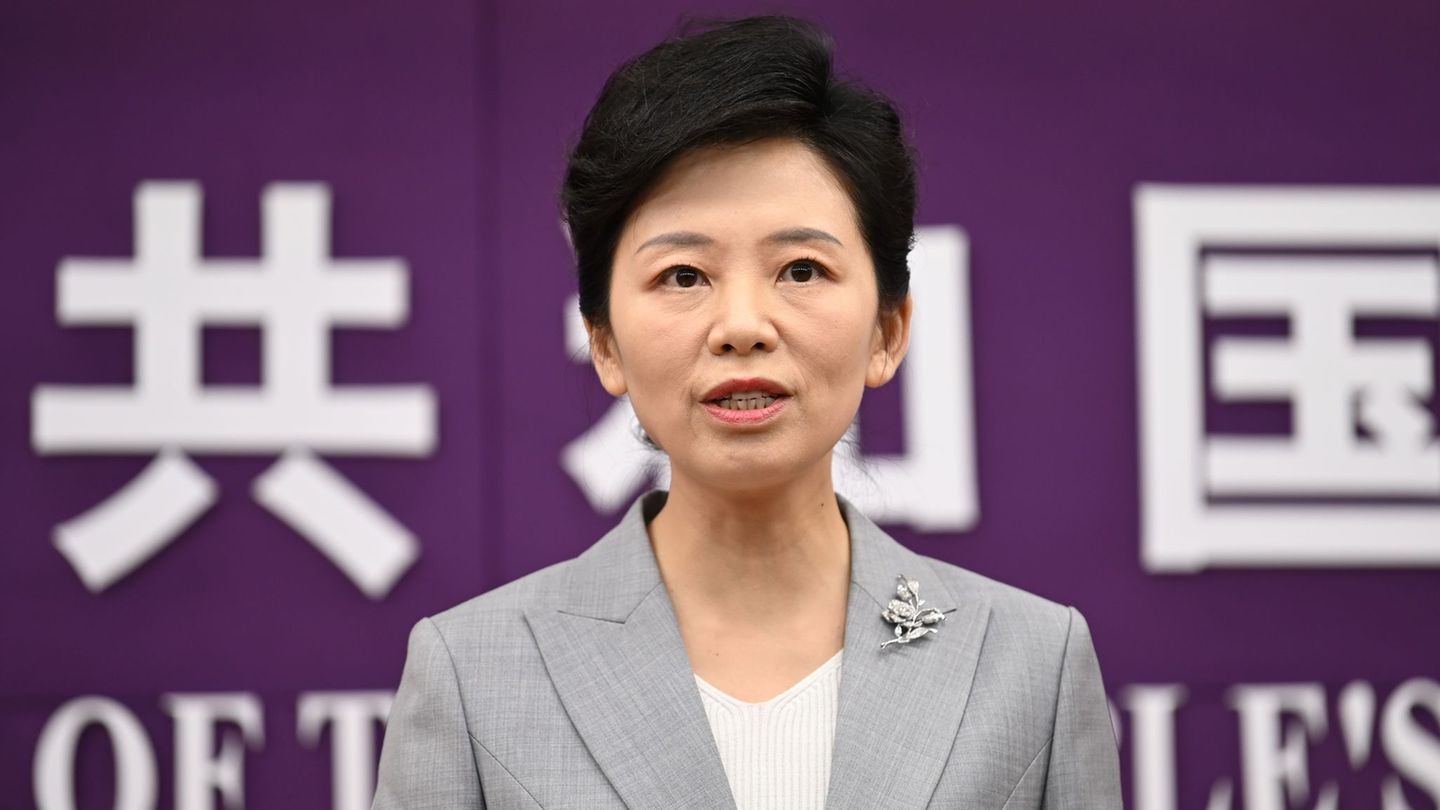The population has grown due to immigration, and the number of children and young people has increased. This is also reflected in the proportion of minors receiving citizen’s allowance and the expenditure on this.
Last year, Germany spent around 5.6 billion euros on children and young people in the form of citizen’s allowance. This is according to a response from the Federal Ministry of Social Affairs to a query from AfD Bundestag member René Springer.
According to this, there were around 1.8 million so-called benefit-eligible minors at the end of 2023. Overall, spending on citizen’s allowance recipients last year was 42.6 billion euros, as a response from the federal government to another inquiry from Springer had already recently shown.
More children on citizen’s allowance
According to the data, payments for children in the Citizen’s Allowance (formerly Hartz IV) were still at 3.3 billion euros in 2010. Since then, the number of minors entitled to benefits has risen from 1.67 million to 1.8 million. This was accompanied by an increase in the total population from 80.3 million (including 13.1 million under 18-year-olds) to just under 84.7 million (including 14.3 million under 18-year-olds).
The citizen’s allowance is also increased annually and adjusted to wage and price developments. At the end of last year, 12.6 percent of children were receiving citizen’s allowance. According to the data, this percentage of the total population has hardly changed over the past few years.
Spending ratio has shifted
The ratio of foreign and German children and young people in the citizen’s allowance has changed. Accordingly, in 2010 there were around 1.37 million German and 304,000 foreign minors entitled to benefits. At the end of 2023, the ratio was 907,000 to 894,000.
The largest group of foreign minors receiving citizen’s allowance came from Ukraine (262,000). This was followed by Syria (203,000), EU countries (131,000) and Afghanistan (80,000). The payment claims for German recipients fell from around 2.6 to 2.3 billion euros, while those for foreign recipients rose from 670 million to almost 3.3 billion euros, according to the information.
Springer criticised that spending was going through the roof. Against this background, he called for a “migration turnaround” and an “elimination of the long-standing incentives for migration into the social systems, as well as those additionally created by the traffic light coalition.”
Source: Stern
I have been working in the news industry for over 6 years, first as a reporter and now as an editor. I have covered politics extensively, and my work has appeared in major newspapers and online news outlets around the world. In addition to my writing, I also contribute regularly to 24 Hours World.




